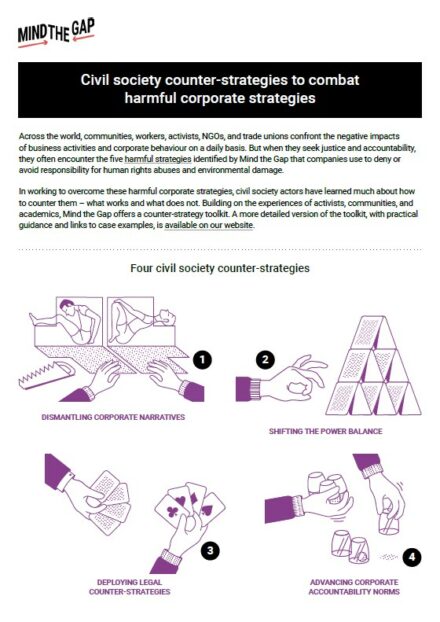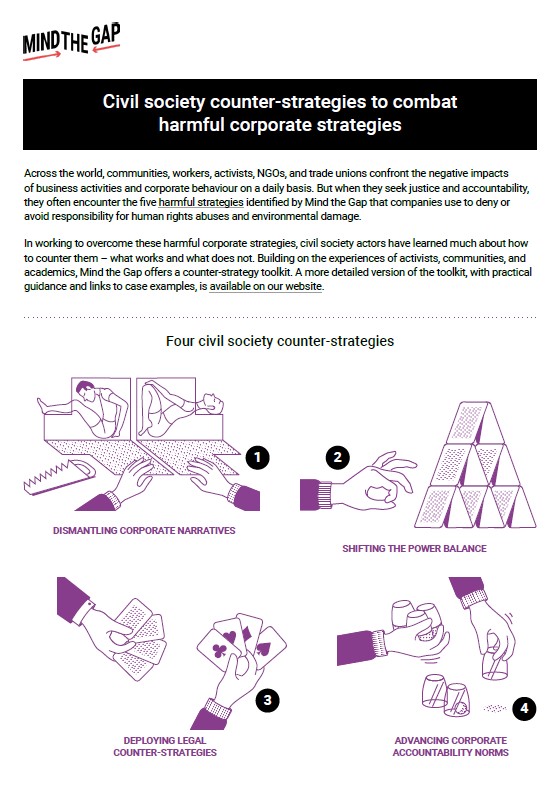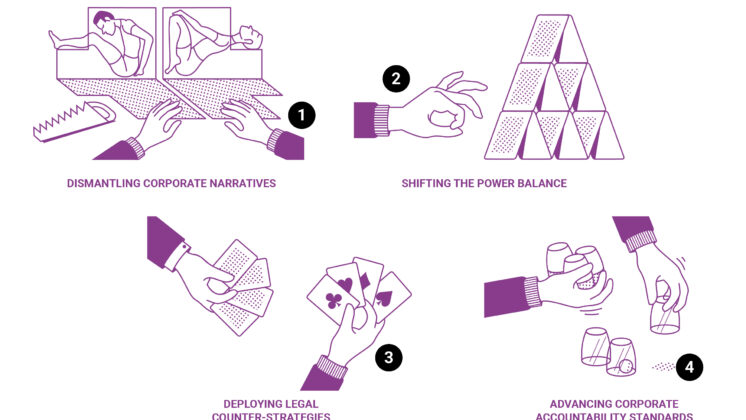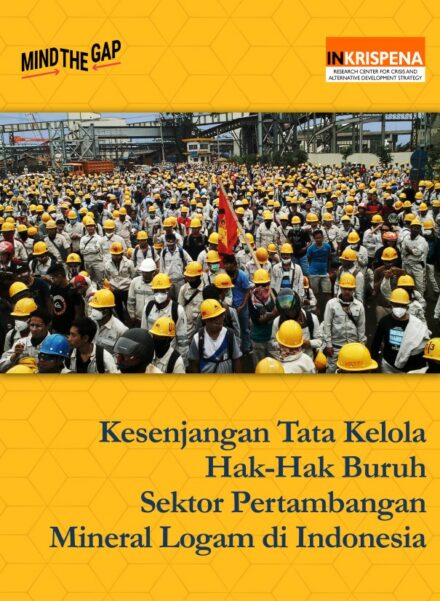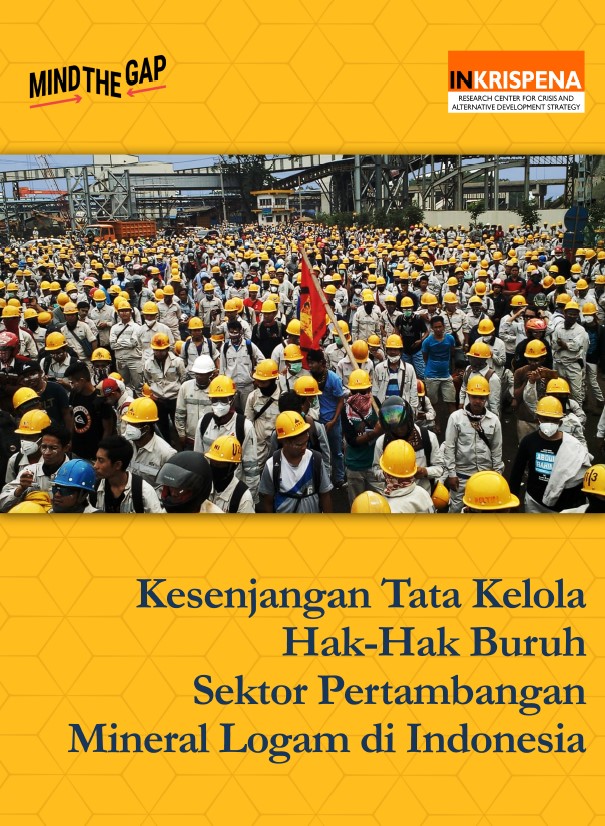Standard systems serve to assure that products and production qualities conform with specific requirements. In some cases, companies use the assurance of standards to conceal unsustainable or substandard company practices and situations of which they were, or should have been, aware and for which they should accept responsibility.
CASE STUDY: Peruvian Oroza abuses Forest Stewardship Council certification
Multiple studies have shown that standards and certification systems do not guarantee sustainability or respect for human rights. [1] These studies reveal the weaknesses of the systems in detecting wrongs at production locations, for example, when the standard system’s requirements are not stringent enough and/or when audits used to verify compliance with them are inadequate. This website exhibits and collects examples of companies that are using the assurance of complying with standards to actively conceal substandard practices and situations of which they were, or should have been, aware.
CASE STUDY: Vale rejecting responsibility for dam disaster by pointing to certification issued
The abuse of standards systems can be harmful when consumers and buying companies buy inferior and unsafe products or when the situation of workers who experience exploitative working conditions is not scrutinised because buyers rely on the standard’s certifications. Moreover, when misuse of standards is not uncovered, governments will continue to believe in this type of self–regulation. This perception, in turn, can hinder and deter governments from developing potentially more effective legally binding instruments to assure sustainable production in global supply chains.
[1] Wal, Sanne van der. “Looking Good on Paper.” Centre for research on Multinational Corporations (SOMO), October 22, 2018. https://network.somo.nl/looking-good-on-paper/; Wal, Sanne van der, and Fleur Scheele. “Goodness Guaranteed: Assessing the Impact of Sustainability Certification on the Labour Conditions of Farm Workers.” Centre for research on Multinational Corporations (SOMO), May 2015. https://network.somo.nl/wp-content/uploads/2015/05/Goodness-Guaranteed.pdf; Pruett, Duncan. “Looking for a Quick Fix: How Weak Social Auditing Is Keeping Workers in Sweatshops.” Clean Clothes Campaign, 2015. https://cleanclothes.org/file-repository/resources-publications-05-quick-fix.pdf/view; Chu, Kathy. “A Look At How Some Chinese Factories Lie To Pass Audits.” China Labor Watch, April 30, 2012. http://www.chinalaborwatch.org/newscast/168.






